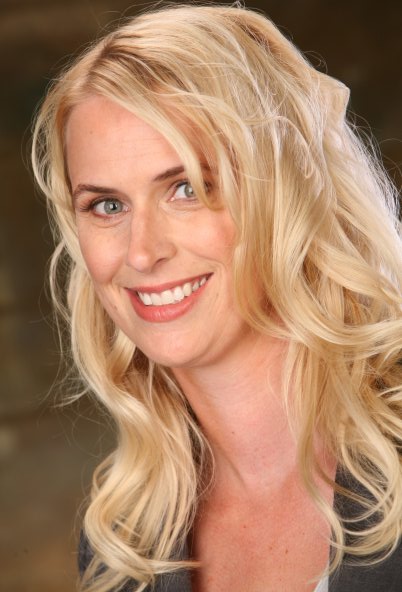Addressing biases can lead to a more productive workplace.
By Michelle L. Davis, DBH, M.Ed., MA, LPC, President, HealthWise Consultants
We all make thousands of decisions every day, but often we are not aware of how biases can negatively impact that decision-making. Our biases range from stereotyping to confirmation bias, where our brains actually filter out information that doesn't support our already-held beliefs.
All of us have biases to some degree. There is even a bias about recognizing biases! Blind-spot bias refers to one's failure to recognize one's own cognitive biases. People tend to recognize others' cognitive and motivational biases while remaining unaware of their own.
The Impact of Biases in the Business Environment
It is easy to see how behavioral biases could impact the process of effective business communication. For example, executive decision makers are more prone to neglecting uncertainty, falling victim to the idea that they exercise greater control over a situation than they really do (controllability bias). They may also tend to diminish the risk of a given decision, favoring the comfort of certainty (zero-risk bias). Even overconfidence is a bias. Studies show that experts suffer from this at the highest rate because they are certain of their estimations and assumptions.
With all these biases in play, it is easy to see how M&A professionals could rush confidently into a deal that fails to live up to the anticipated positive synergistic results. Furthermore our biases as M&A professionals can have far-reaching implications for our talent retention decisions, communication choices and much more.
On the other hand, diversity can positively impact an organization in ways that are quite relevant to M&A prfessionals: organizations with more diversity in upper management are worth more than those with less diversity. That potentially higher valuation is an incredibly important reason to confront and overcome biases in your organization.
Strategies for Overcoming Bias
The first step to overcoming bias is to identify your own biases. To increase awareness of your biases and begin to address them (both personally and in the business setting) consider taking one or more tests offered by Harvard University's Project Implicit. Each Implicit Association Test (IAT) measures attitudes and beliefs that you may ordinarily be unwilling or unable to report. It measures the strength of associations you make between concepts and evaluations, or stereotypes.
How should you use these results? We all have biases, so don't find fault with yourself or others when the test highlights these biases. Instead, approach the results as a tool for personal and professional growth:
- Become more aware of biased language that you've unintentionally used in the workplace.
- Recognize how biases shape your interactions with members of your work team.
- Identify areas of bias in your organization, such as work assignments or compensation decisions.
Socia scientists at Georgetown University suggest three strategies for overcoming bias and supporting diversity in the workplace:
- Acknowledge differences: It's common for people to try to overcome their biases by suppressing them altogether. But this method often does the exact opposite, forcing us to pay more attention to the biases we're attempting to ignore. Instead, acknowledge people for who they are and strive to use differences as a starting point for creative collaboration and insights.
- Visualize diversity: Make an effort to find images of people who break stereotypes. Or if you're a hiring manager, imagine a wide variety of ideal candidates for a position. You'll quickly realize that this exercise doesn't require you to lower your expectations, but rather to broaden them.
- Focus on individuals and working together: As you work with people from a variety of backgrounds, concentrate on getting to know them as individuals, along with identifying common goals and shared characteristics.
About the Author
 Dr. Michelle Davis is the principle and founder of HealthWise Consultants, a specialized consulting firm. She has a unique background in behavioral health, education and coaching that allows her to understand how human behavior influences decision making and business transactions. She has worked in program development, higher education and clinical settings. Dr. Davis is a strategic partner for organizational and personal growth. She assists professionals, executives and organizations with adapting to growth and change. Dr. Davis has the ability to look beyond the spreadsheets and business plans to help clients understand the emotions and cultural issues that can impact organizational decisions, facilitate a successful transaction, and post-transaction integration.
Dr. Michelle Davis is the principle and founder of HealthWise Consultants, a specialized consulting firm. She has a unique background in behavioral health, education and coaching that allows her to understand how human behavior influences decision making and business transactions. She has worked in program development, higher education and clinical settings. Dr. Davis is a strategic partner for organizational and personal growth. She assists professionals, executives and organizations with adapting to growth and change. Dr. Davis has the ability to look beyond the spreadsheets and business plans to help clients understand the emotions and cultural issues that can impact organizational decisions, facilitate a successful transaction, and post-transaction integration.
